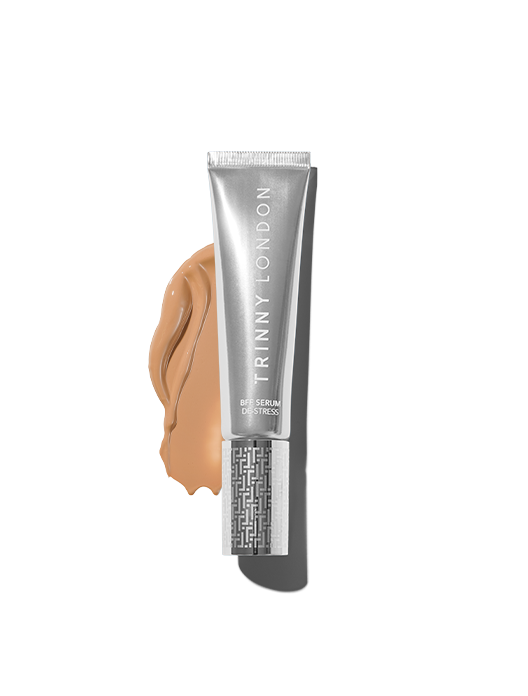
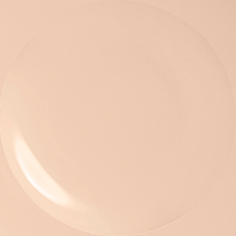
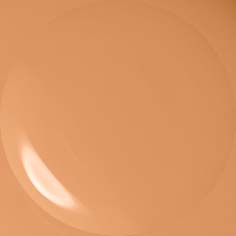
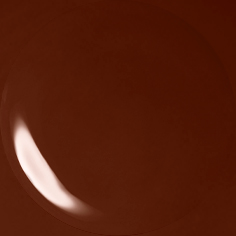 12 shades
12 shades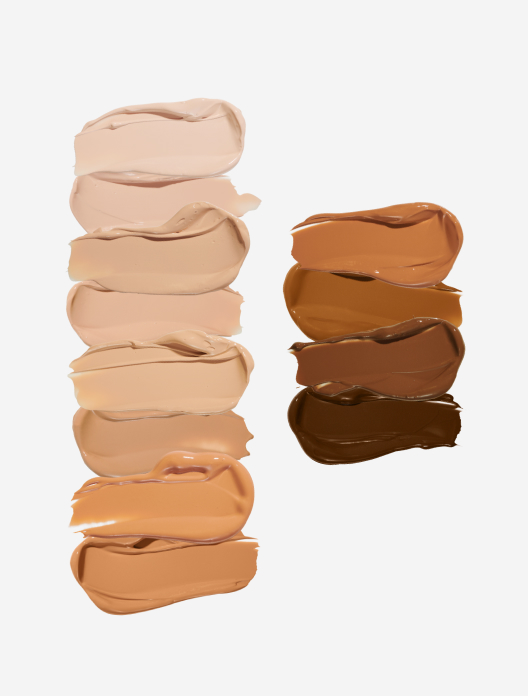
Choose 3 free samples with every order

From bold red lip colours to smoky, shimmery eyeshadows, almost all makeup products are designed to be seen. Base products go against the grain, with foundations and tinted serums aiming to blend quietly into the background.
Matched well, your base should feel like a missing piece of a jigsaw puzzle. It will slot seamlessly into place, forming part of the overall picture without drawing attention to itself. A base that contrasts with the colour of your neck, or leaves a tidemark-esque ring around your jawline is not the right shade for you. It should look like an improved version of your own skin – think complexion 2.0.
Matching your makeup to your skin tone is easy when you know how…
Your skin tone refers to how dark, or light, your skin is. There’s a myriad of shades within this spectrum, and the range on offer will vary by brand. At Trinny London, our Match2Me tool and Lookbook helps guide you to your perfect shade by allowing you to select the model whose skin tone is most like your own. Browse from deepest to lightest to find the one most-suited to you.
Separate to skin tone is your undertone. It is possible to have dark skin with a cool, warm or neutral tone, and the same goes for all tones through to lightest porcelain. Your base can be a great shade match, but if it is not suited to the undertones of your skin, the finish will feel unnatural, and can look ashy or orange. Not sure about your undertones? There are a couple methods that will help you decipher which category you fit into:
Sit in front of a white background or wear a white shirt. The neutral shade will allow you to see if your skin feels warmer, or cooler in comparison. If you feel that the base colours of your complexion are on the golden side, your skin tone is warm, if the base shades are red or blue, it's cool.
Take a piece of gold jewellery and a piece of silver. Take it in turns to hold each against your skin. If the silver jewellery has the ability to make your skin look brighter and healthier, your skin tone is cool. If it’s gold that gives your skin life, you’re warm.
Finding it impossible to choose between the two? Ask a friend for their opinion. If they too are finding it tricky to pick a side, you likely have neutral undertones. Lucky you – this will allow you to choose from a broader choice of shades.
It is worth noting that your skin tone will likely change throughout the year. Most people, even those who are vigilant about SPF, will find that their skin gets darker during the summer months. You may want to have one base for the summer, and one for the winter. When in-between seasons, you can always use bronzer to build up colour.
Before you commit to purchase, it is a good idea to give your base a test run. Not only will this let you see if the shade is spot-on, it will also give a sneak peak into the consistency and coverage of the formula.
Ok, so you’ve got a base in mind – but is it the one? Here’s how to test and swatch to see if it’s the perfect match.
Looking in a well-lit mirror, hold the back of your hand next to your face. Are they the same colour? In most cases, the answer is no, yet so many of us rely on our hands to test the tones in our foundations. The ideal, of course, is to test on all areas of the face, but this isn’t always possible. As a compromise, we recommend swatching your base along your jawline. This will give you the chance to see if it is a good match with your face and if it contrasts too starkly with your neck.
Another case for testing on the face, not your hand, is that there are more natural oils present on the surface of your face. These combine with your base as you wear it, and can impact the colour, making it appear darker.
Ever applied your makeup in a dark room or fluorescent-lit train carriage? Then you’ll know the shock response that comes with seeing what you thought was a well-applied face of makeup beneath natural lighting. It is impossible to see if a shade works for you if you haven’t seen it properly, so take the time to test in good, natural light. This could be outdoors (if you can) or next to a window during daylight hours.
For reliable shade matching, you’ll need to swatch your base onto clean skin. This is for a couple of reasons. Firstly, if there is already product on your skin, it can distort the shade, meaning you won’t know if the base your trialling is the right shade for you. Secondly, not all products play nicely together, and mixing products that aren’t intended to be worn together can cause them to pill or cake.
Some compact mirrors may have the benefit of magnifying your reflection, but they only allow you to see a small section at a time. To see if your foundation is a good match, you’ll want to see the full picture, which means looking at it in a full-size mirror. Check both sides of your face, and pay close attention to your jawline and neck – both of which can be giveaways if the shade isn’t right.
A linen shirt might look lovely and crisp as you leave the house, but can become wrinkled and creased as you go about your day. It’s similar for foundation and base products. When they are exposed to light and air, they can undergo a process called oxidation. It’s the same process that a cut apple will undergo when left to brown on the kitchen worktop, and causes what looked like a well-matched foundation to become darker in tone during the day. To avoid any unexpected surprises, test for at least a couple of hours.
Shop the article



 12 shades
12 shades



 5 shades
5 shades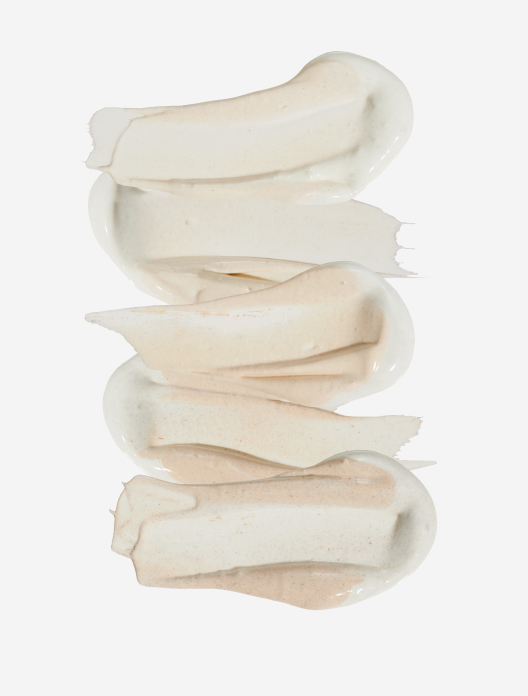
SPF 30 to protect, perfect and give skin a healthy glow
Choose shade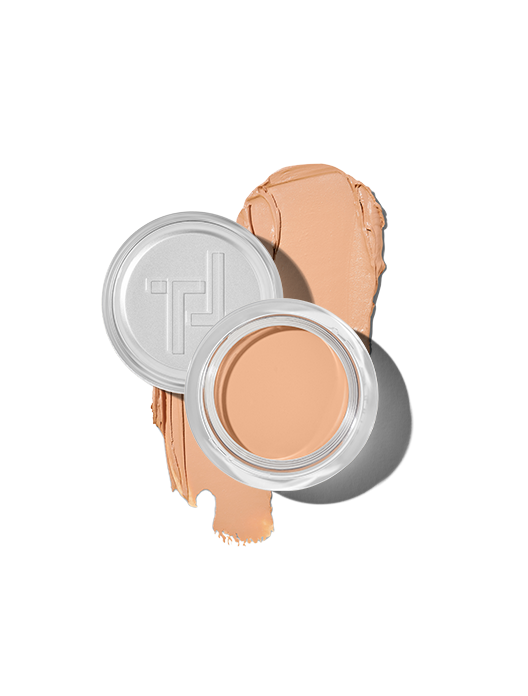
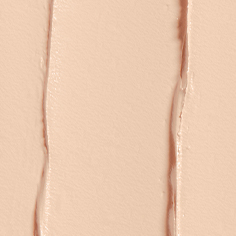
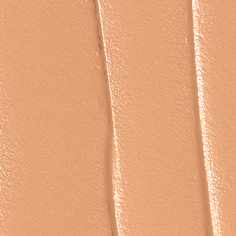
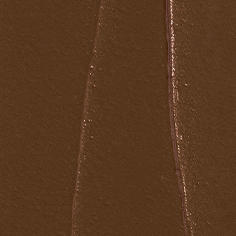 25 shades
25 shades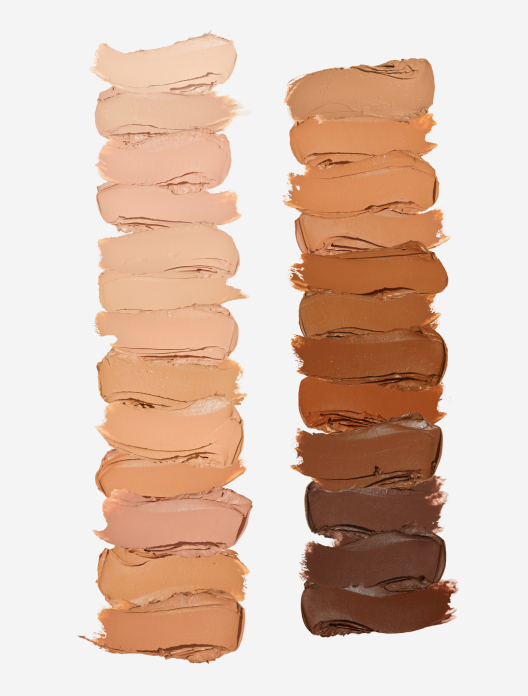
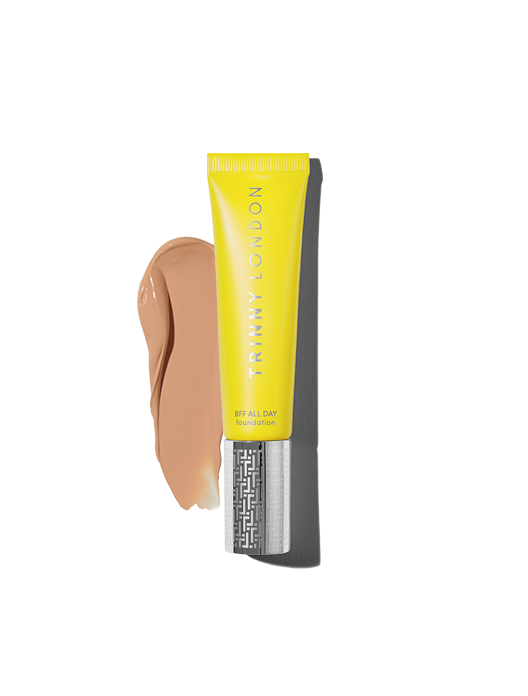
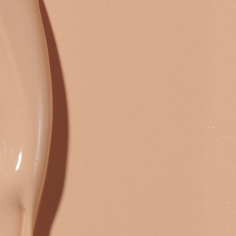
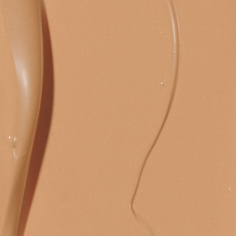
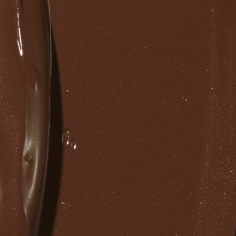 18 shades
18 shades